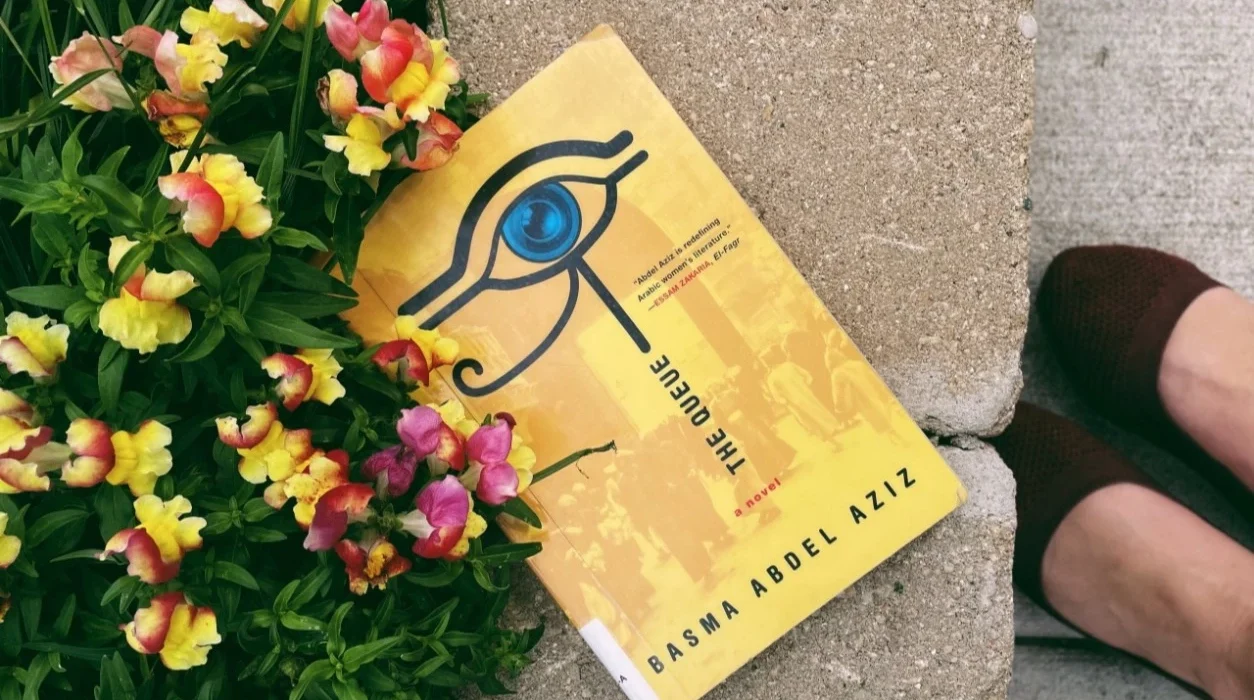Arabic literature is rich with cultural allusions, idioms, and symbolism that often defy direct translation. Works like Basma Abdel Aziz’s *The Queue* expose how translation becomes a delicate act of negotiation between cultures. When bringing Arabic stories to English readers, translators face the immense challenge of preserving intent, tone, and cultural resonance. This article explores five key challenges in Arabic to English Localization through the lens of The Queue and other literary examples.
1. Translating Religious and Cultural Symbolism
Arabic texts often draw from Islamic tradition, Quranic references, and regional beliefs. Direct translations risk losing subtle moral or spiritual dimensions. In The Queue, religious overtones are implicit in metaphors, requiring translators to balance accessibility with authenticity.
2. Idioms and Proverbs with Deep Roots
Expressions like “يد واحدة لا تصفق” (“One hand cannot clap”) convey communal values. Literal translations fall flat without cultural context. Successful translators seek equivalent idioms or descriptive renderings to preserve meaning.
3. The Politics of Language
Arabic’s regional dialects—Egyptian, Levantine, Maghrebi—carry distinct socio-political nuances. Translating The Queue, written in Modern Standard Arabic, demanded a neutral English tone while retaining the political irony embedded in the source text.
4. Humor and Irony Across Cultures
Arabic humor often relies on understatement, irony, and wordplay. Translating such humor into English requires reimagining phrasing while maintaining rhythm and comedic timing. Literal translations risk losing the narrative’s emotional texture.
5. Maintaining Narrative Authenticity
Translators walk a fine line between domestication (making text feel local) and foreignization (keeping its foreign flavor). The Queue illustrates this tension—its bureaucratic absurdity echoes Orwell, yet its setting remains distinctly Cairo.
The Translator’s Ethical Dilemma
Every translation is an interpretation. In Arabic to English Localization, translators must decide whether to preserve strangeness or adapt to target readers’ expectations—a philosophical debate central to translation studies.
Balancing Faithfulness and Fluency
Fluent English prose often requires restructured syntax. Arabic’s flexibility with sentence order allows expressive variations. Translators must decide how much restructuring is permissible without distorting voice.
Cultural Mediation in Literary Translation
Translators act as cultural mediators. Their role extends beyond language—they interpret history, politics, and belief systems for global readers. The Queue’s English translator, Elisabeth Jaquette, notes how she balanced readability with authenticity.
Translation as Political Act
In post-revolutionary Arabic literature, translation carries political weight. Making Arabic voices heard in English broadens discourse on censorship, freedom, and identity.
Conclusion
Translating Arabic cultural references into English demands sensitivity and cultural literacy. The Queue exemplifies how literature can transcend boundaries while preserving its Arabic soul. Effective localization is not about conversion but about dialogue.
FAQs
1. Why is translating Arabic cultural references difficult?
Because Arabic carries unique religious, historical, and idiomatic weight that lacks direct English parallels.
2. What is ‘foreignization’ in translation?
It’s a strategy that preserves cultural uniqueness rather than adapting content for local readers.
3. How do translators handle humor in Arabic texts?
By re-creating the effect rather than translating word-for-word, ensuring humor feels natural in English.
4. Does Modern Standard Arabic simplify translation?
It standardizes grammar but still carries cultural depth that requires contextual understanding.
5. Why study *The Queue* for localization lessons?
It’s a prime example of balancing political, cultural, and linguistic challenges in modern Arabic literature.


